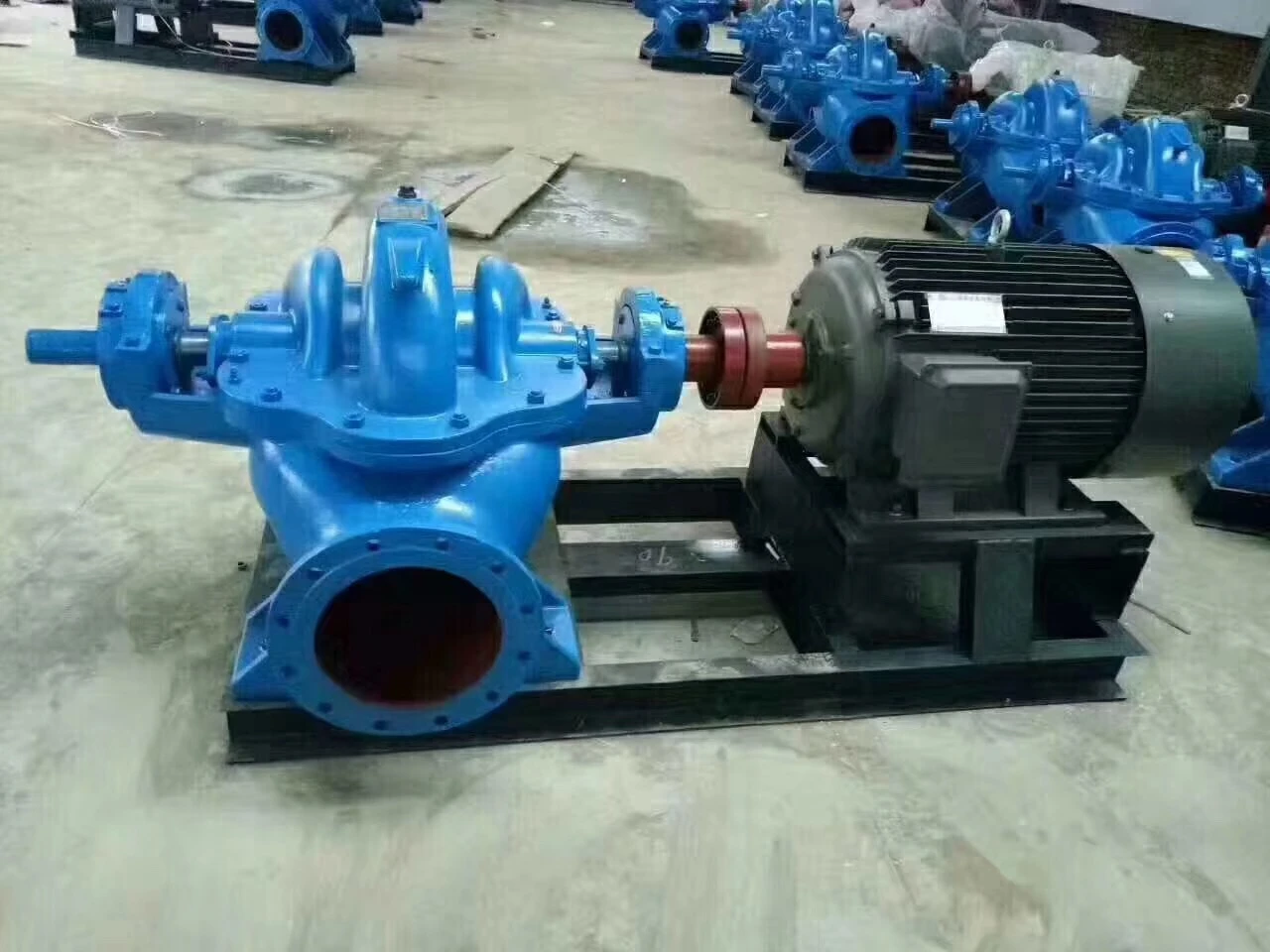English
- Afrikaans
- Albanian
- Amharic
- Arabic
- Armenian
- Azerbaijani
- Basque
- Belarusian
- Bengali
- Bosnian
- Bulgarian
- Catalan
- Cebuano
- Corsican
- Croatian
- Czech
- Danish
- Dutch
- English
- Esperanto
- Estonian
- Finnish
- French
- Frisian
- Galician
- Georgian
- German
- Greek
- Gujarati
- Haitian Creole
- hausa
- hawaiian
- Hebrew
- Hindi
- Miao
- Hungarian
- Icelandic
- igbo
- Indonesian
- irish
- Italian
- Japanese
- Javanese
- Kannada
- kazakh
- Khmer
- Rwandese
- Korean
- Kurdish
- Kyrgyz
- Lao
- Latin
- Latvian
- Lithuanian
- Luxembourgish
- Macedonian
- Malgashi
- Malay
- Malayalam
- Maltese
- Maori
- Marathi
- Mongolian
- Myanmar
- Nepali
- Norwegian
- Norwegian
- Occitan
- Pashto
- Persian
- Polish
- Portuguese
- Punjabi
- Romanian
- Russian
- Samoan
- Scottish Gaelic
- Serbian
- Sesotho
- Shona
- Sindhi
- Sinhala
- Slovak
- Slovenian
- Somali
- Spanish
- Sundanese
- Swahili
- Swedish
- Tagalog
- Tajik
- Tamil
- Tatar
- Telugu
- Thai
- Turkish
- Turkmen
- Ukrainian
- Urdu
- Uighur
- Uzbek
- Vietnamese
- Welsh
- Bantu
- Yiddish
- Yoruba
- Zulu
Telephone: +86 13120555503
Email: frank@cypump.com
Nov . 06, 2024 01:59 Back to list
impeller slurry pump
Understanding Impeller Slurry Pumps
Impeller slurry pumps are vital components used in a wide range of industrial applications, primarily designed to transport abrasive and viscous slurries. A slurry refers to a mixture of solid particles and liquid, typically water, and is commonly found in industries such as mining, construction, and wastewater treatment. The efficacy and durability of impeller slurry pumps make them indispensable for efficiently handling materials that would otherwise damage standard pumps.
Design and Functionality
The core of any slurry pump is its impeller, a rotating component that imparts kinetic energy to the slurry, facilitating its movement through the pump and into the desired discharge point. Impellers for slurry pumps are typically constructed from robust materials that can withstand abrasive wear, such as high-chrome iron or rubber. This choice of materials plays a crucial role in the pump's longevity and performance, ensuring that it can handle harsh conditions without degradation.
Slurry pumps operate on principles similar to those of centrifugal pumps. When the impeller rotates, it creates a low-pressure zone at the center, allowing the slurry to enter the impeller. As the impeller spins, it imparts centrifugal force, pushing the slurry outward towards the pump casing. The design often includes a volute, which helps convert the kinetic energy of the slurry into pressure energy, directing it to the discharge piping.
Applications and Benefits
Impeller slurry pumps are primarily used in mining applications, where they transport mineral slurries like tailings and concentrators. They are also prevalent in construction, transporting concrete or other slurry mixtures to job sites. In wastewater management, these pumps handle sludge and other viscous liquids, crucial for effective treatment processes.
impeller slurry pump

One of the main benefits of impeller slurry pumps is their ability to handle solid particles of varying sizes. They can manage everything from fine silt to larger gravel particles, depending on the design and size of the pump. This versatility is essential in industries where material consistency can significantly fluctuate.
Maintenance and Challenges
Despite their rugged design, impeller slurry pumps require regular maintenance to ensure optimal performance. Common issues include wear on the impeller due to abrasive materials and clogging from solid particles. Operators must monitor wear and replace components proactively to prevent failures that could lead to costly downtime.
Selecting an appropriate pump for specific applications is essential, as a poorly chosen pump can result in inefficiencies and increased operational costs. Factors such as the type of slurry, flow rate, and the total dynamic head must be taken into account to ensure that the pump not only meets the necessary requirements but also operates efficiently.
Conclusion
Impeller slurry pumps play a crucial role in various industries that handle difficult materials. Their robust construction, combined with the ability to manage abrasive slurries, makes them an essential asset for ensuring efficient and reliable operations. As industries continue to evolve, the design and technology behind impeller slurry pumps will also advance, further enhancing their performance and capabilities in demanding applications. Proper maintenance and careful selection are key to maximizing the benefits of these pumps, ensuring they contribute positively to industrial processes.
-
ISG Series Vertical Pipeline Pump - Chi Yuan Pumps | Advanced Engineering&Industrial Efficiency
NewsJul.30,2025
-
ISG Series Pipeline Pump - Chi Yuan Pumps | High Efficiency, Energy Saving
NewsJul.30,2025
-
ISG Series Vertical Pipeline Pump-Chi Yuan Pumps|High Efficiency&Reliable Performance
NewsJul.29,2025
-
ISG Series Vertical Pipeline Pump|High Efficiency&Low Noise
NewsJul.29,2025
-
ISG Series Vertical Pipeline Pump - Chi Yuan Pumps Co., LTD.|High Efficiency, Energy Conservation, Low Noise
NewsJul.29,2025
-
ISG Series Vertical Pipeline Pump-Chi Yuan Pumps Co., LTD.|High Efficiency&Energy-Saving
NewsJul.29,2025










